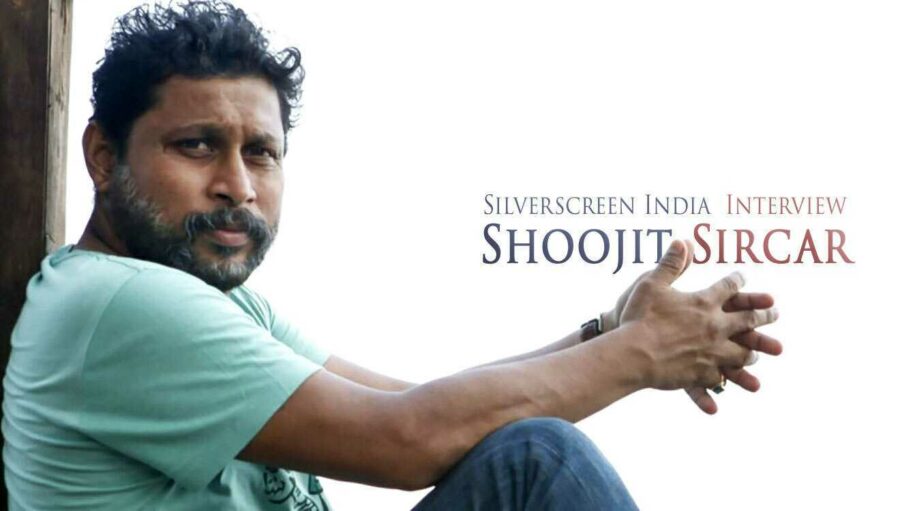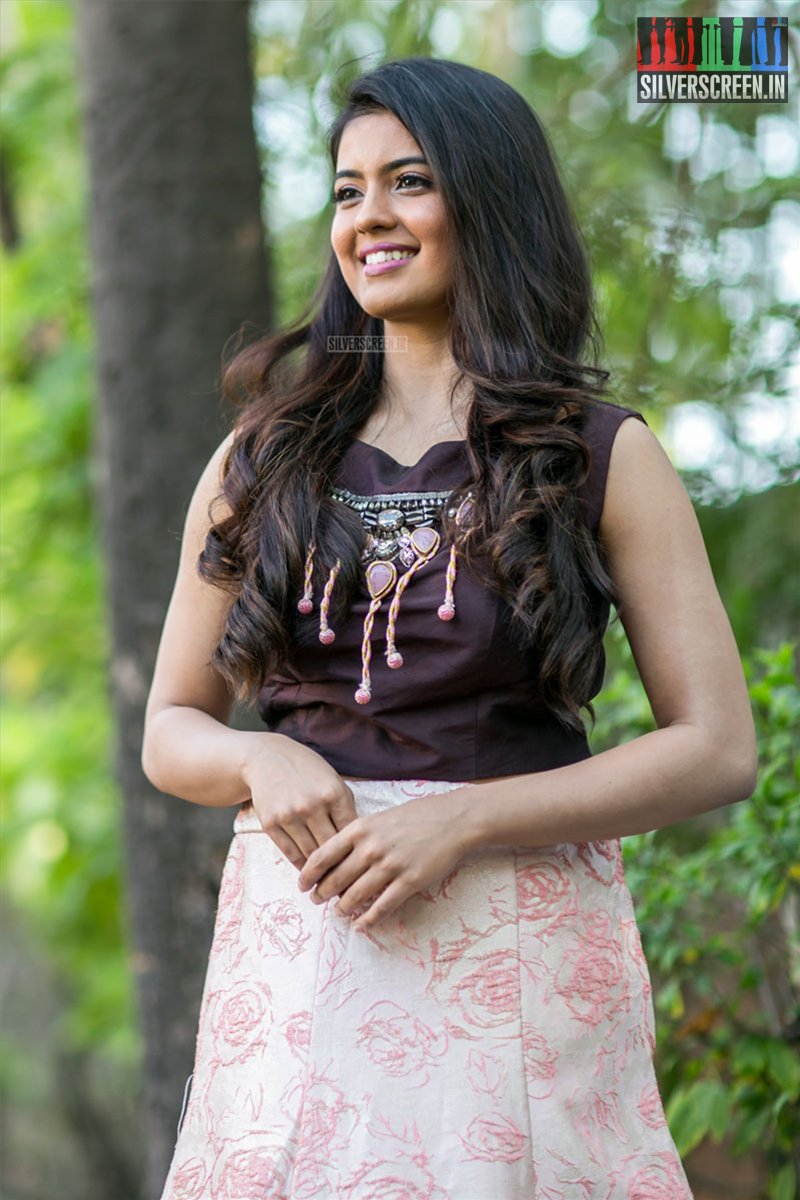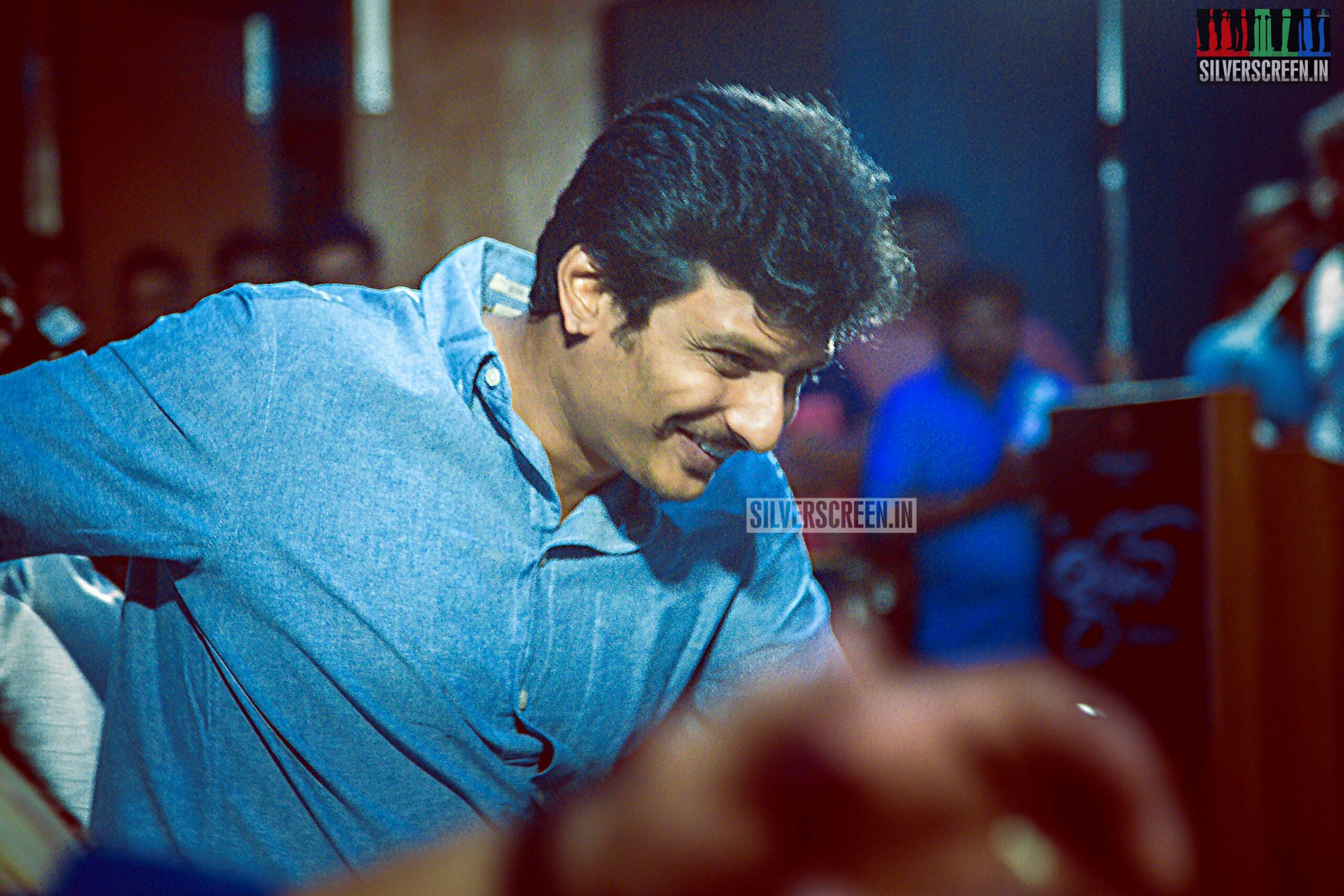Back in the 1950s, a travelling puppeteer family in Uttar Pradesh created two female glove puppets who were always at loggerheads with each other: Gulabo, the overworked wife and Sitabo, the smart-mouthed mistress of the same man.
During festival time, these puppeteers would travel city to city with Gulabo Sitabo, two colourful dolls made out of papier-mâché, to perform shows that would touch upon the mundanity of daily life, laced with bursts of local humour and musical interludes.
By the time the 90s’ rolled around, the traditional folk art form started losing its significance, owing mainly to general indifference and the reluctance of younger generations to carry the baton forward. Today it is facing extinction. “I thought why not use the name as a sort of a tribute and somehow spotlight a puppet art that is dying,” Shoojit Sircar tells me from Kolkata over a phone conversation, explaining the title of his upcoming film, Gulabo Sitabo.
In a normal world, the film – Sircar’s sixth directorial outing (Shoebite, his second film still remains unreleased) – would have already been released in the theatres two months ago. But in a world plagued by a virus, Gulabo Sitabo is both a victim and a survivor of the pandemic. Its release on Amazon Prime Video this Friday makes it the first Hindi film that has circumvented the restrictions imposed by the lockdown instead of indefinitely waiting for theatres to reopen.
This is a busy week for the director. There’s of course Gulabo Sitabo’s release to look forward to. But this is also the week he resumes post-production on his next film, Sardar Udham Singh, the biopic starring Vicky Kaushal slated to release next year.
Over a decade in the Hindi film industry, Sircar has acquired a steady reputation and a distinct lexicon as a filmmaker. His films eschew grand set-pieces in favour of observation, aren’t as plot-driven as they are character-driven, and are suffused with the kind of humanity that feels inspired from Basu Chatterjee, the veteran director who passed away last week.
Also Read: Basu Chatterjee’s Heroines Showed Us Autonomy
Sircar is perhaps a rare filmmaker who reserves a certain affection for the elderly when the world around him seems besotted with stories of youth – caregiving has been a constant theme in Vicky Donor (2012), Piku (2015), and October (2017). And older actresses like Dolly Ahluwalia, Kamlesh Gill, Gitanjali Rao, and now Farrukh Jaffar crop up as integral characters in his films – a representation of a world fast facing neglect.
There’s a clash of the old and the young in Gulabo Sitabo too. The film sees the coming together of two acting powerhouses: Ayushmann Khuranna, the actor that Sircar launched in Vicky Donor, and Amitabh Bachchan who gave his most memorable performance in recent times in Sircar’s Piku.
Set in Lucknow, it revolves around Mirza Sheikh (Bachchan) and Baankey Sodhi (Khurrana), an odd couple at war with each other. In that sense, Gulabo Sitabo is also a reunion film: Sircar has once again teamed up with writer and frequent collaborator Juhi Chaturvedi, cinematographer Avik Mukhopadhyay, composer Shantanu Moitra (Sircar goes out of his way to rave about the film’s background score), and editor Chandrashekhar Prajapati.
I caught up with the director to talk about making a film with two stars, his fascination with older actors, and deciding to have veteran actor Farrukh Jaffar’s name first in the film’s credit slate. Edited excerpts from an interview:
What is Gulabo Sitabo about?
I would say the movie is about a world. It’s about the world of Mirza and Baankey and several other characters – what exactly they want from each other and how they cope with getting or not getting it from one another. Basically, the film chronicles how they go about their everyday life in this haveli. In the film, I present this specific world and place the camera in the middle of the courtyard so that we can watch these characters.
This is the fourth film Juhi Chaturvedi has written for you. How does the collaboration help you in envisioning your job as a director?
The first and foremost thing between a writer and a director is the idea – whether they are on the same page or not. Fortunately, whatever ideas we have bounced at each other have always clicked. As a director, the sensibilities with which you make a film definitely needs to come out in the script. And there is harmony in that – Juhi understands and gives me that in the scripts and the characters. Between us, the process for every film is the same. For instance, I work with a bound script. I am not someone who does too many improvisations on set. Most of my improvisations are done while the scripting process and the narrations are on. So, having a ready script is a big advantage. As a director that allows me to know the film through and through. Then my job is to just go on set and execute it.
The pairing of Amitabh Bachchan and Ayushmann Khurranna is a definite highlight of Gulabo Sitabo. Was there ever a worry about their stardom affecting the ordinariness of the characters that they were playing in the film?
No, I was not worried about it at all. There’s a reason why they have been cast. I trust them as actors. Of course, significant effort has gone into creating their mannerisms and looks. Mr Bachchan looks like a character picked straight out of Old Lucknow. Same goes for Ayushmann – he looks the part of an ordinary Lucknow boy. Actually, most of the hard work of capturing the realism of two characters from a lower economic background is already done by the various departments, be it sound, production design, costumes, makeup, music, or the cinematography.
Location, whether it is in Piku, October, or Yahaan plays an integral role in your films, doubling up as a silent protagonist. Why was Lucknow the choice for this film?
The plot of the film called for an old city because the way it is set, a city that feels like it is still stuck in a certain time period would complement it. Our options were either Old Delhi or Lucknow. Initially, we set the film in Delhi but changed it to Lucknow during the writing process because Juhi is from there and knows the city well. The film is completely shot in the old parts of Lucknow – its people, food and places like Lal Darwaza, Mahmudabad, Chota Imambara, Hasanganj, the Chowk area all find their way in the film.
Most of your films, especially Piku and October, revolve around the confrontations between the old and the young and ultimately finding a common ground between these two disparate worlds. Gulabo Sitabo looks like it treads similar territory. What fascinates you about the older generation?
Actually, I am old. I think that’s the reason. When I was doing Piku, I remember everyone in my direction team kept telling me that I had all the qualities of Bhaskor Banerjee (laughs). I guess I’m drawn to how they look at life, laugh at life, and smile at life in their unique way. I don’t think you can write that generation off from the movies. They’re living with us. For example, in Vicky Donor, my favourite character was Dolly Di (Dolly Ahluwalia) who played Vicky’s mother. Somewhere I think I relate with older people much more than the young and that helps me in handling and understanding them.
I noticed that Farrukh Jaffar’s (Swades, Umrao Jaan, Peepli Live) name comes first in the film’s credit slate. Even before Amitabh Bachchan.
I have to tell you, Farrukh Jaffar is quite a revelation in the film. She is almost touching 90 so when we met her, I didn’t know if she would be able to perform because I was thinking of her health conditions. But her daughter told me that when she heard that Shoojit Sircar would be coming to meet her and talk about a role, she was jumping at home saying that “Kuch bhi kara lo mujhse. I am ready.” She is the oldest and most experienced actor in the entire cast. Of course, her name had to be the first one.
Recommended
As a director, how does the film’s release on a streaming platform affect you?
I can’t tell you how relieved I am that no one will be bothering me with box office updates every hour. As an artist, I am very happy that I have created something. My job is to create it to the best of my capabilities and then let it go. I am excited that my film’s shelf life is going to be long and I don’t have to be worried about whether it will be out of the theatres after a few weeks. For me, this is like any other film release. We’re leaving no stone unturned to ensure that Gulabo Sitabo feels like a proper cinema premiere.



